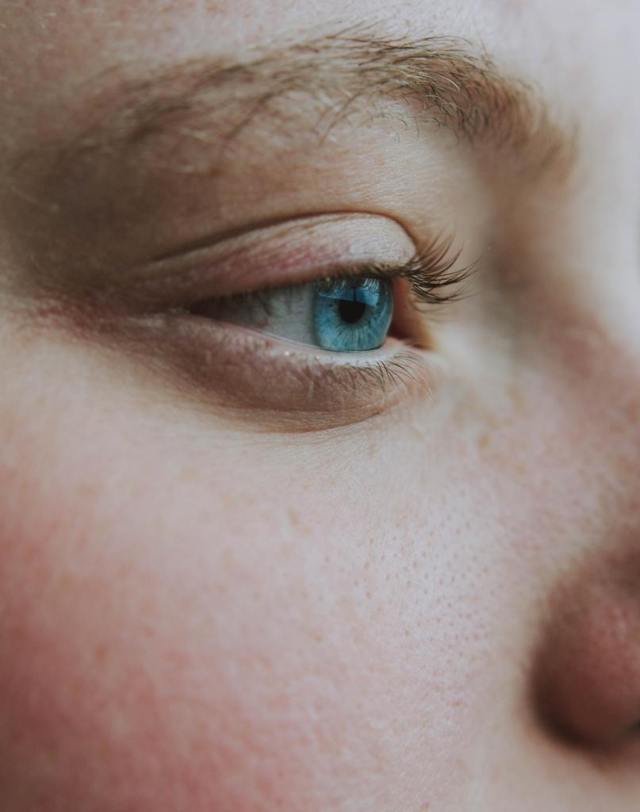How much water do you need to drink on a daily basis? The answer might surprise you. In this blog post, we explore how much water you need to drink and the factors that can affect your required water consumption.
Introduction

How much water do you think you need to drink on a daily basis to maintain optimal health? Chances are the first thing that comes to your mind is the standard refrain: eight glasses of water per day.
But is eight glasses of water really the ideal amount of water that you should be drinking on a daily basis? Perhaps that amount is too little or too much for your body’s unique composition, the needs of your lifestyle, or the environment in which you live.
In fact, we are all different, and significant variability in water requirements makes it difficult to pinpoint one single level of water intake that will guarantee adequate hydration and optimum health for all.
Recommended Water Consumption
First, let’s consider what health authorities say about recommended water consumption.
Based on the World Health Organization’s report entitled Domestic Water Quantity, Service Level and Health, a 70-kilogram adult male, and a 58-kilogram adult woman, who are living under average conditions, would need an estimated daily water consumption of 2.5 liters for him and 2.2 liters for her.
The recommended amount increases to approximately 4 to 5 liters in environments with increased temperatures or in circumstances where the subject is undergoing physically intense activities.
The United States' standard for dietary consumption, known as the Recommended Daily Allowances, suggests the amount of daily water intake based on age:
-
0 to 6 months: 0.7 liters per day, assumed to be from human milk
-
7 to 12 months: 0.8 liters per day, assumed to be from human milk
and complementary foods and beverages -
1 to 3 years: 1.3 liters per day
-
4 to 8 years: 1.7 liters per day
-
9 to 13 years
-
Boys: 2.4 liters per day
-
Girls: 2.1 liters per day
-
14 to 18 years
-
Boys 3.3 liters per day
-
Girls 2.3 liters per day
-
19 to 70+
-
Men 3.7 liters per day
-
Women 2.7 liters per day
The World Health Organization notes that there is not yet a solid scientific knowledge base that dictates a hard rule on how much water we should drink. However, the World Health Organization does recognize that there are scientific efforts that are being carried out to determine the optimum amount of water to drink. This amount is perhaps even greater than present recommendations.
Most scientific studies have focused more on the contaminants that drinking water may contain and the diseases that can be contracted from consuming too much of those contaminants. For more information on that subject, see our blog post about assessing the purity of your water.
The Body’s Need for Water

The body's normal physiological processes result in a loss of water. Respiration, perspiration, and body temperature regulation all result in considerable water loss. In fact, it is estimated that an average of 50 milliliters of water are lost from the body each time it burns 100 kilocalories of energy.
The type of food we eat also greatly influences the amount of water we need to drink. Dry food, such as dried fruits, vegetables, chips, and seeds, can cause the body to require greater amounts of water so as to be able to digest and process such foods. On the other hand, moist and watery foods are likely to cause the body to require only limited amounts of drinking water.
Factors such as temperature, humidity, and altitude can also influence water intake. Water consumption can increase when you reside in a place where the temperature is at least 27°C, which is typically when sweating begins. Drinking more water in such environments can help replace water lost through sweating.
Although there have yet to be studies conducted to confirm the effect of humidity on the amount of water required by the body, it is hypothesized that lower humidity encourages increased evaporation of sweat and therefore greater water loss.
Persons with medical conditions may also have a need for greater amounts of water. For example, if you have diarrhea or are vomiting, it is crucial to keep yourself from becoming dehydrated. On the other hand, there are also health conditions that may require a person to limit their water intake, such as heart failure, kidney, liver, and adrenal diseases.
Breastfeeding may cause mothers to feel dehydrated and tired. The average amount of breast milk produced by mothers and consumed by infants is around 750 to 850 milliliters per day. This is not to say that drinking water will produce more breast milk. Mothers need to pay attention to their biological cues, especially thirst, so as to determine when to drink more water and to keep themselves from becoming dehydrated.
Keeping it Balanced
The key to keeping your hydration levels in check is to look for signals that your body is becoming dehydrated. The first sign is thirst. Other signs of dehydration include dry mouth, chapped lips and skin, weakness in muscles, headaches and dizziness.

Remember that there is no firm rule that you need to drink a particular number of glasses of water to satiate your thirst. When you feel quenched and refreshed, stop drinking.
Some of the signs that you are overhydrated include frequent trips to the bathroom, clear and above average amounts of urine, restlessness, irritability, and fatigue. If you are experiencing some of these signals, you may want to cut back on your water intake.
Did You Enjoy This Article?
Thank you for reading! If you enjoyed this article, you might also like the following articles: Natural Alkaline Water: Health Benefits of Drinking It and Water Quality Testing: The Complete Guide


Leave a comment: